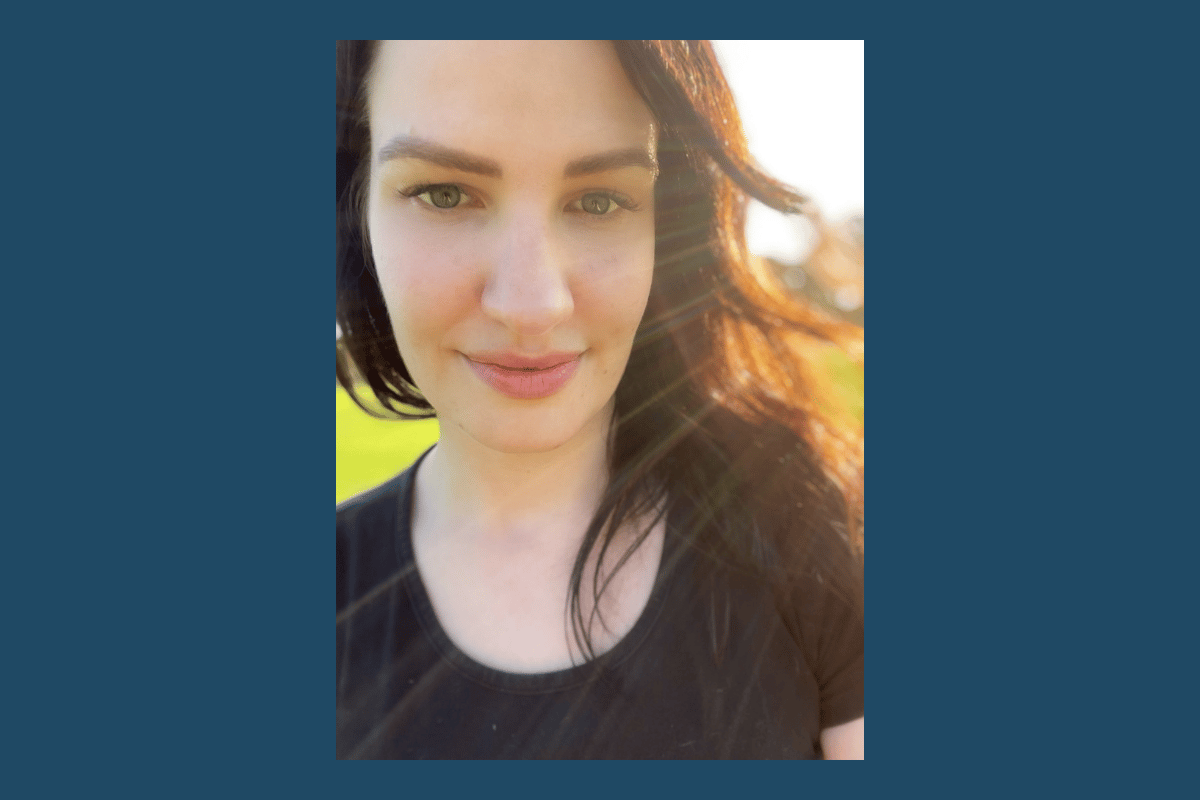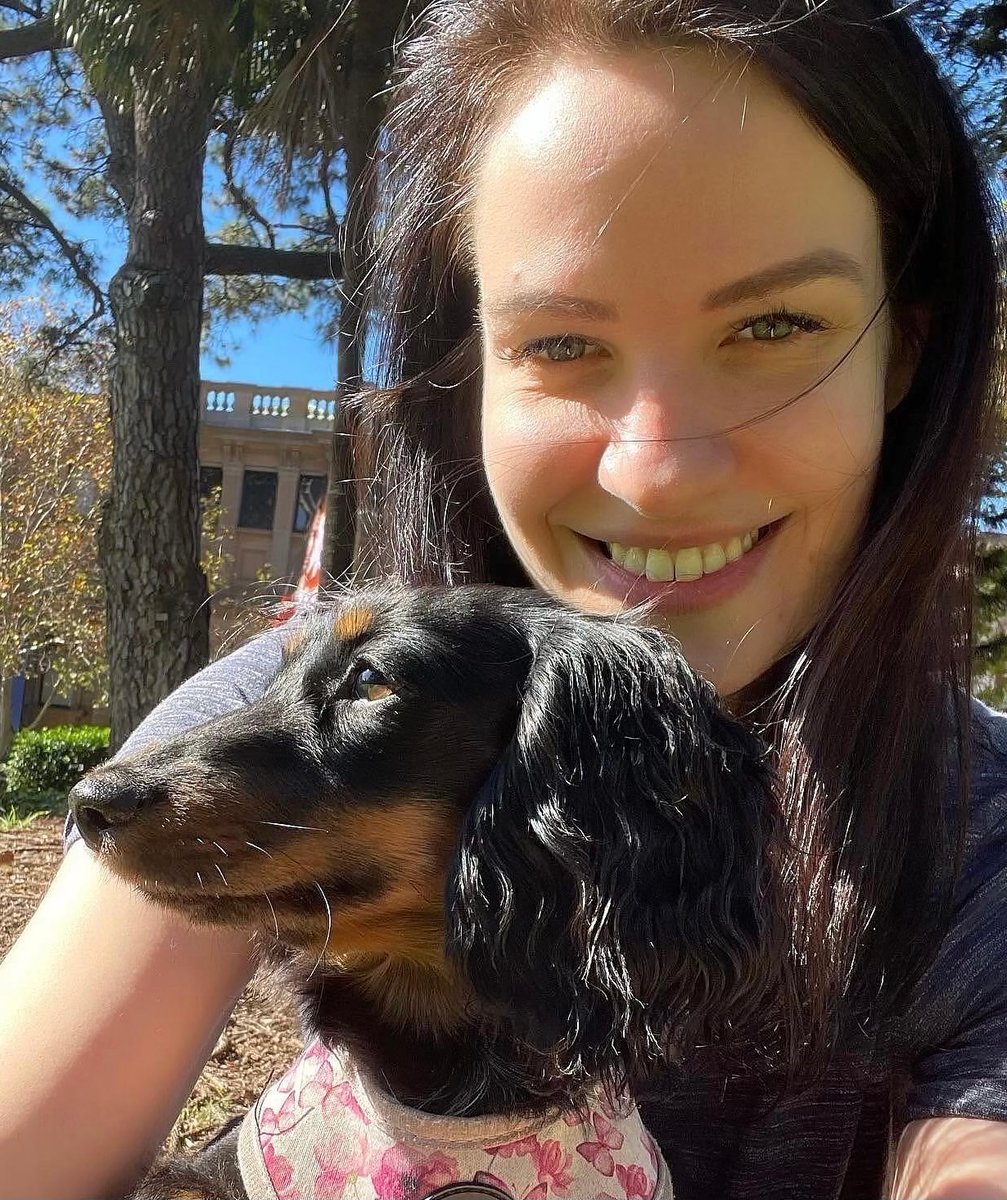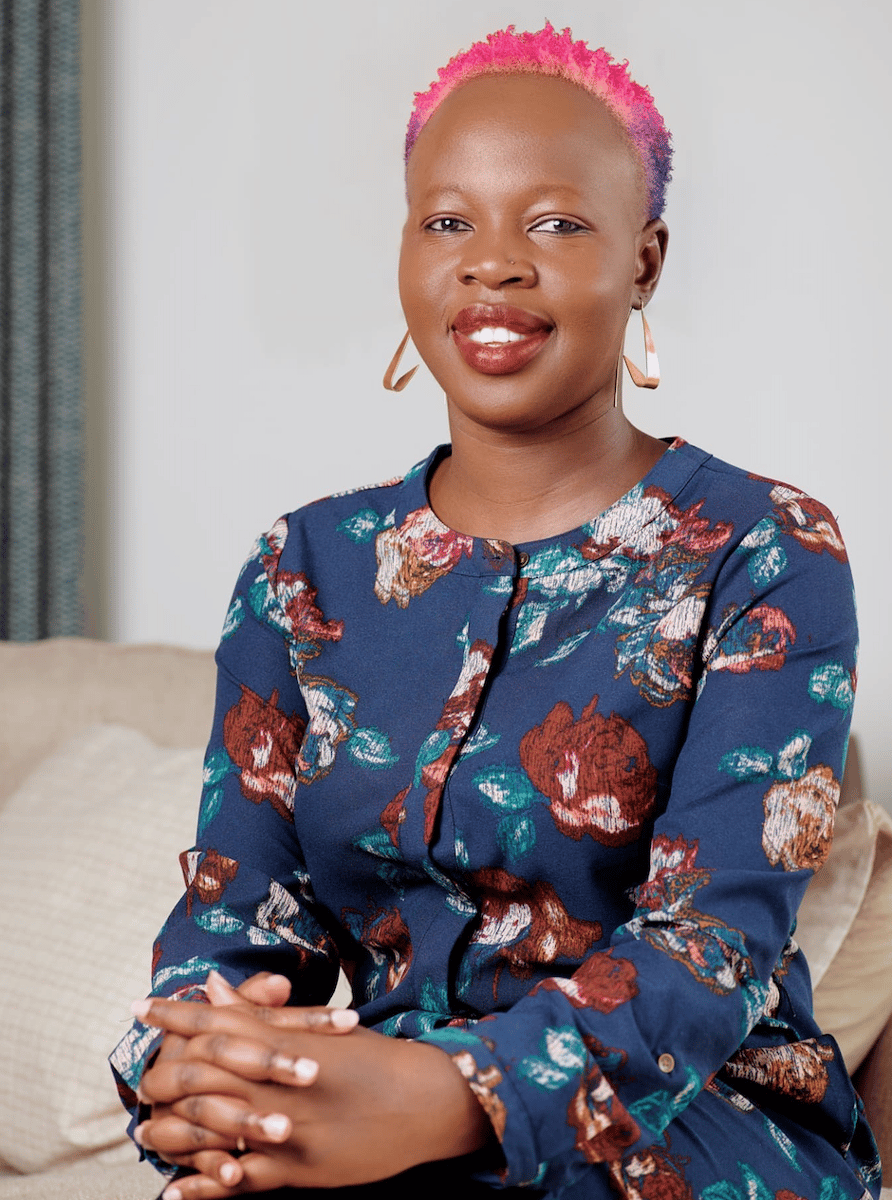
Content warning: This post includes descriptions of sexual assault and domestic violence that may be distressing to some readers.
Modern slavery. It's a term so few of us understand. Nor do we realise just how common it actually is in Australia.
Nationally, there are estimated to be 41,000 people in modern slavery – where an individual is exploited by others, for personal or commercial gain. Anyone can be a victim. Marginalised communities are often amongst those targeted – for example migrant workers, visa holders, and those who are in sex work, agricultural, beauty or cleaning industries.
Sarah tells Mamamia she has struggled with the idea that she is a victim-survivor of modern slavery. It's taken time to acknowledge the full gravity of what she endured, falling prey to debt bondage, trafficking and coercive control.
But today, she is using her voice to tell her story and advocate for the thousands of victim-survivors who still feel voiceless.
Growing up, Sarah was surrounded by gender-based violence.
"I think if you've experienced certain abusive things in childhood, it almost lays the groundwork for you to potentially experience similar situations over and over again in your adult years. I grew up in a really extreme religious environment that had a very authoritarian structure," Sarah tells Mamamia.
Watch: Sarah tells part of her story. Post continues below.


